detail profile ye c5 9fim ustao c4 9flu
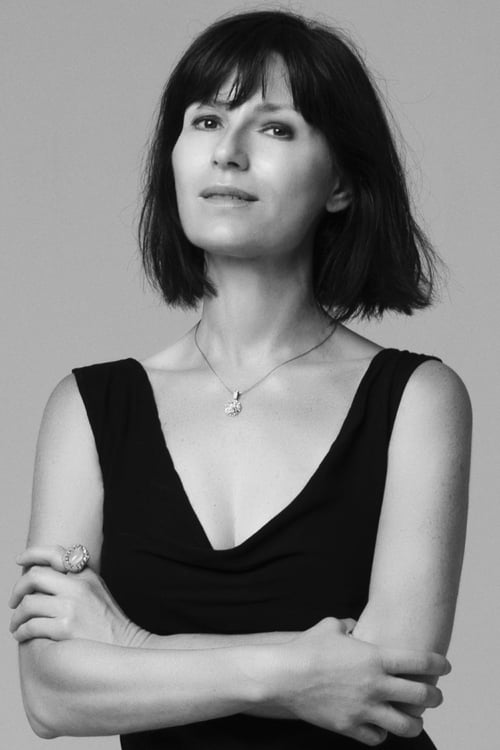
Riwayat Hidup
After making several award-winning shorts in Turkey, Yesim Ustaoğlu made her feature film debut with 1994's 'The Trace' (İz).
The film was presented at numerous international festivals, including Moscow and Gotenburg and won the Best Film Award at Istanbul Film Festival.
Yesim Ustaoğlu received international recognition for her 1999 film, 'Journey To The Sun' (Güneşe Yolculuk) which competed in Berlinale and received the Blue Angel Award (Best European Film) and the Peace Prize before sweeping the Istanbul Film Festival by winning Best Film, Best Director, the FIPRESCI Prize and the Audience Award.
Launching her own production company Ustaoğlu Film in 2003, her third film, 'Waiting for the Clouds' (Bulutları Beklerken) premiered in 2014 Berlinale Panorama and was awarded NHK Sundance - International Film-maker's Award.
Ustaoğlu's fourth feature, 'Pandora's Box' (Pandora'nın Kutusu) premiered in Toronto (TIFF) and won Golden Shell for the Best Film and Silver Shell for the Best Actress Award in San Sebastian FF.
Her fifth feature 'Somewhere in Between' (Araf, 2012) premiered in Orrizonti section in 69th Venice FF, won Best Film Award in Abu Dhabi FF and Split Mediterranean FF, as well as Best Performance in Moscow, Tokyo and Pune Film Festivals.
Her latest film 'Clair Obscur' (Tereddüt).
Info Pribadi
Peran Yang Di Mainkan Yeşim Ustaoğlu
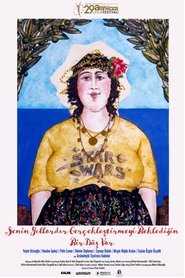 Dream Workers is an intimate and...
Dream Workers is an intimate and...Dream Workers 2022
Dream Workers is an intimate and daring journey into women's creativity, dreams, and unexpected confrontations by life through the intertwined stories of eight women filmmakers and a village women's theatre group from Turkey. The conditions of urban and cultural gentrification, pandemic, and isolation that initially threaten the film become part of the film. Listening to the creation stories of these women directors, including the director of the documentary, the audience experiences their different ways of living life and making art under the contemporary socio-cultural dynamics of Turkey.
 Two film school graduates intimidated by...
Two film school graduates intimidated by...Her First 2019
Two film school graduates intimidated by the gender stereotypes that pervade film industry decide to make a documentary to explore the issue. The two women spend two years shooting, make 5000 kilometers, talk to established women directors and record every moment of this journey of discovery and self-discovery. But the real journey is just about to begin.
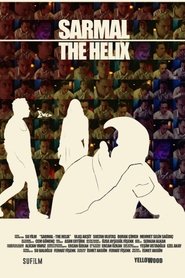 A man with no recorded memory...
A man with no recorded memory...The Helix 2019
A man with no recorded memory about his past finds himself in a bar, following a mysterious woman whom he finds familiar. This abrupt encounter leads him to the discovery of his repressed, hidden desires. But his reactions to this unfamiliar world backlash, and he finds himself enclosed in a never ending loop.
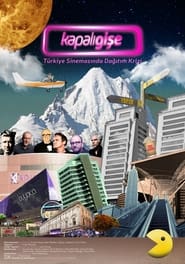 Turkish film industry has been experiencing...
Turkish film industry has been experiencing...Only Blockbusters Left Alive: Monopolizing Film Distribution in Turkey 2016
Turkish film industry has been experiencing a breakthrough in the last ten years. According to 2015 figures, there is a bold uptrend in terms of viewers and film production. Yet without any regulations at work, this growth only made injustices in distribution bigger. While a single cinema chain controls more then 50% of the market, it also started to control distribution and production. In this monopolized environment, there seems to be no country for independent production. With the guidance of producers, distributors, and economists, the film traces the distortion created by the bad economy that has become an obstacle for freedom of choice.
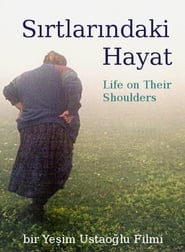 The documentary shot in a Laz...
The documentary shot in a Laz...Life on Their Shoulders 2004
The documentary shot in a Laz village called M3’anu is about the lives of women living in the region. The documentary focuses on women who have a great endurance without being crushed under the heavy load they carry on their backs, the difficulties of living conditions and the heavy load brought by taking care of their families, nevertheless, they do not give up their songs and smile on their faces.
 Mehmet a young Turkish man newly...
Mehmet a young Turkish man newly...Journey to the Sun 1999
Mehmet, a young Turkish man newly migrated from the village Tire, takes a job searching for water leaks below the surface of the streets of Istanbul. Due to a strange set of events, he is mistaken for a Kurd, imprisoned, and brutally beaten. Upon his release a week later, he becomes an outcast marked as a Kurd, losing his apartment, his job, and eventually his girl friend, Arzu. When a Kurdish friend, Berzan is killed in a street protest triggered by a hunger strike, Mehmet takes a trek to return the body to Berzan's home village near the Iraqi border, and learns why so many Kurds are refugees.
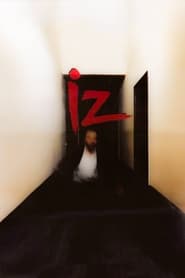 Commissioner Kemal who is nearing retirement...
Commissioner Kemal who is nearing retirement...The Trace 1994
Commissioner Kemal, who is nearing retirement, investigates a suicide case. Cezmi Kara, whose face has become unrecognizable, has been found dead in her home. Kemal suspects that this is a murder and obsesses over the dead man's face.
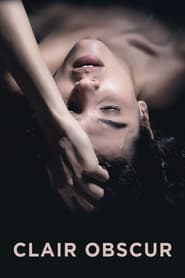 ehnaz a young female psychiatrist from...
ehnaz a young female psychiatrist from... Araf is the story of Zehra...
Araf is the story of Zehra... When an aging matriarch starts showing...
When an aging matriarch starts showing...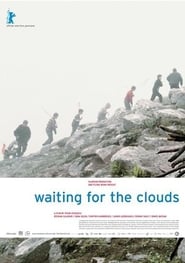 A member of a Greek family...
A member of a Greek family... The film is an investigation of...
The film is an investigation of...